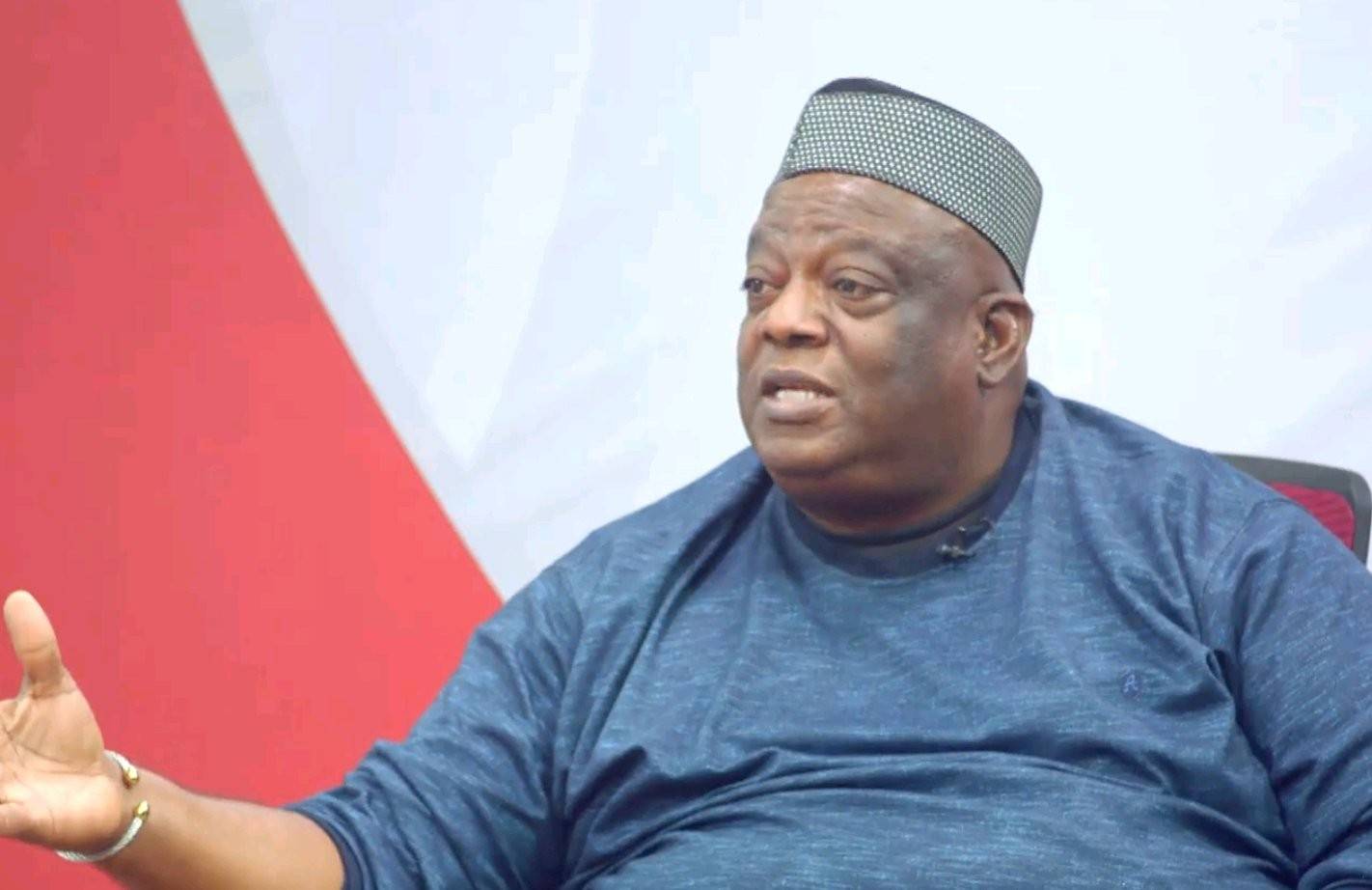According to Joe Jackson, the exchange of cocoa bills for debt is evidence that the government is unable to pay its obligations.
According to Joe Jackson, Director of Business Operations at Dalex Finance, the invitation extended by COCOBOD to owners of its short-term debt securities (cocoa bills) to exchange those for longer-term debt securities is merely an indicator that the government is unable to pay its debts.
Jackson said that in accordance with the proposals of the Ghana Cocoa Board, the cocoa bills that were anticipated to mature in the month of August will not be paid but will instead be extended until the year 2024.
"In the same way that we handled domestic bonds, the government and COCOBOD have come out to claim that we are unable to pay our debts.
You should keep in mind that the most recent Cocoa Bill was issued in February 2023 at a rate of 32.22 percent per annum. This was scheduled to have been paid in August, but it will not be paid, and any interest and the principle will be rolled up into one number.
He also noted that the government will receive some comfort in the form of a temporary respite from the fact that the interest payments on those bills will be spread out over a period of five years.
"Let's say you have Cocoa Bills worth GH68 and interest worth about GH32, which adds up to GH100. Five percent of that will be paid in 2024, twenty percent in 2025, twenty-five percent in 2026, twenty-five percent in 2027, and twenty-five percent in 2028. This indicates that the money you should have received this year in addition to the interest will be spread out over a period of five years beginning in 2024." "Let
It is the one that collected the money apparently to acquire cocoa but unfortunately doing other activities that are not in its original remit. COCOBOD has poorly managed its business, and it hasn't even disclosed its accounts since the year 2020.



No comments yet
Be the first to share your thoughts!